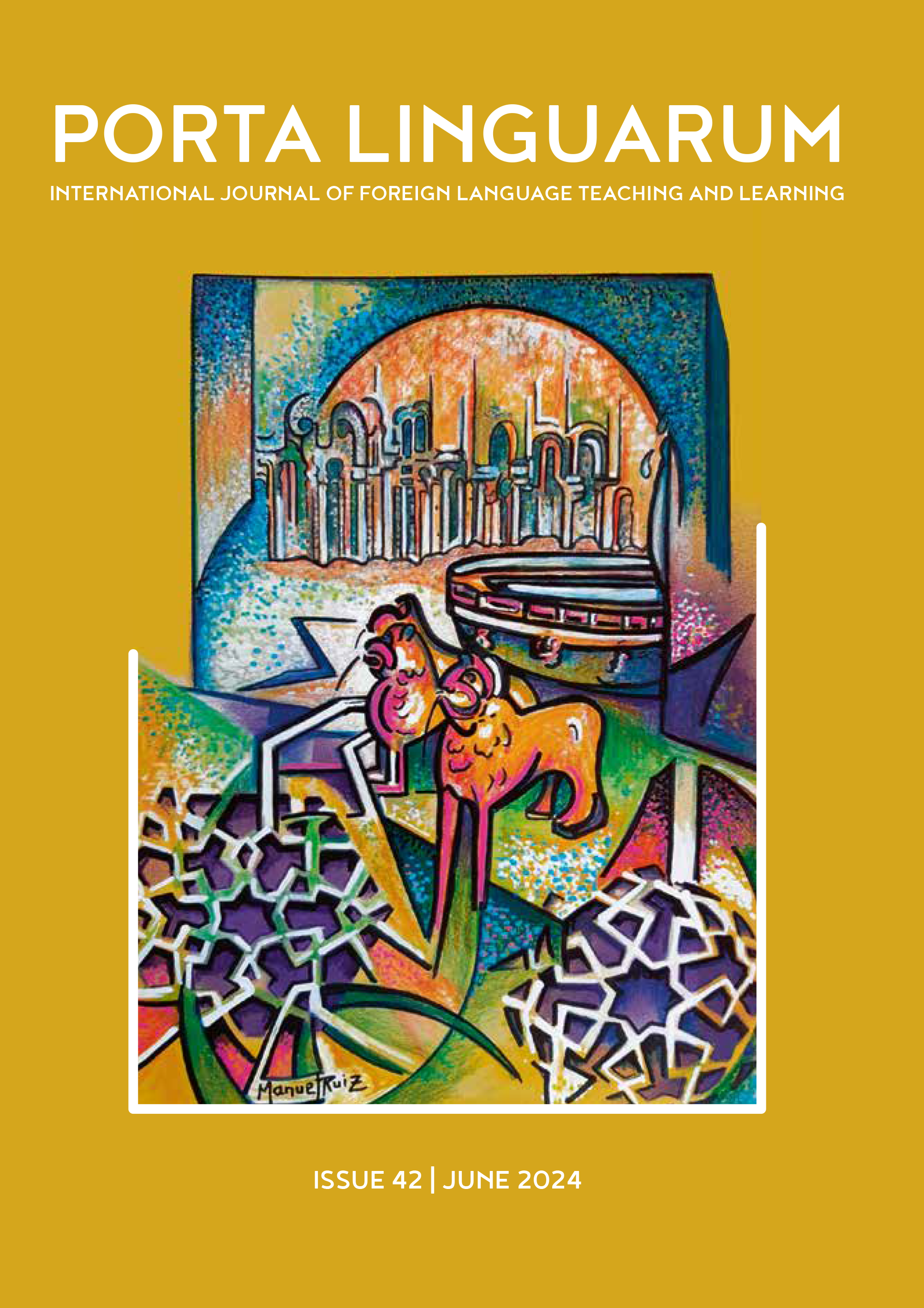The 5Cs positive teacher interpersonal behaviors-implications for learner empowerment and learning in an L2 context, Ali Derakhshan. (2022). Second Language Learning and Teaching, Springer Cham, 141 pages, ISBN: 978-3-031-16527-6
DOI:
https://doi.org/10.30827/portalin.vi42.29326Resumen
Teachers' positive interpersonal behaviors play a key role in the field of education and are essential for creating a positive classroom climate, facilitating student learning, and improving learning outcomes.2022 In November 2022 Springer Publishing House published a book edited by Ali Derakhshan, a leading Iranian scholar, titled "5Cs of Positive Teacher Interpersonal Behavior-... -Implications for Learner Empowerment and Learning in Second Language Settings‖. The main purpose of the book is to explore the role of positive teacher interpersonal behaviors in second/foreign language teaching and providing theoretical support and empirical validation of the role of teacher interpersonal behaviors in foreign language learning outcomes. Teachers' positive communicative behaviors originate from Positive Psychology (Positive Psychology), which as an emerging field and an important branch of psychology has received more and more attention from scholars. This paper first introduces its main content, followed by a brief evaluation.
Descargas
Citas
Derakhshan A. (2022).Revisiting research on positive psychology in second and foreign language education: Trends and directions. Language Related Research, 13(5), 1–43, https://doi.org/10.52547/LRR.13.5.2
Derakhshan, A., Doliński, D., Zhaleh, K., Janebi Enayat, M., & Fathi, J. (2022). Predictability of Polish and Iranian student engagement in terms of teacher care and teacher-student rapport. System, 106, 102790. https://doi.org/10.1016/j.system.2022.102790
Wang Y., Derakhshan A., & Pan, Z. (2022). Positioning an agenda on a loving pedagogy in second language acquisition: conceptualization, practice, and research. Frontiers in Psychology, 13, 894190. https://doi.org/10.3389/fpsyg.2022.894190.
Wang, Y., & Derakhshan, A. (2023). Teacher confirmation and caring as predictors of Chinese and Iranian EFL students’willingness to attend EFL classes. Porta Linguarum, 39, 165–192. https://doi.org/10.30827/portalin.vi39.23625
Wang, Y., Derakhshan, A., & Zhang, L. J. (2021). Researching and practicing positive psychology in second/foreign language learning and teaching: The past, current status and future directions. Frontiers in Psychology, 12, 1–10. https://doi.org/10.3389/fpsyg.2021.731721.



















